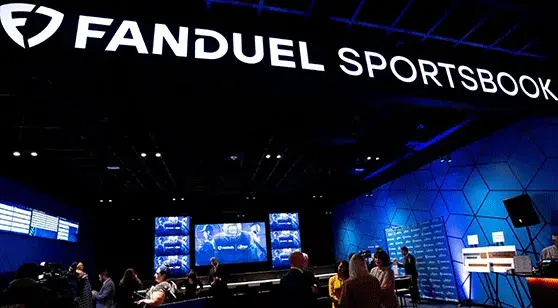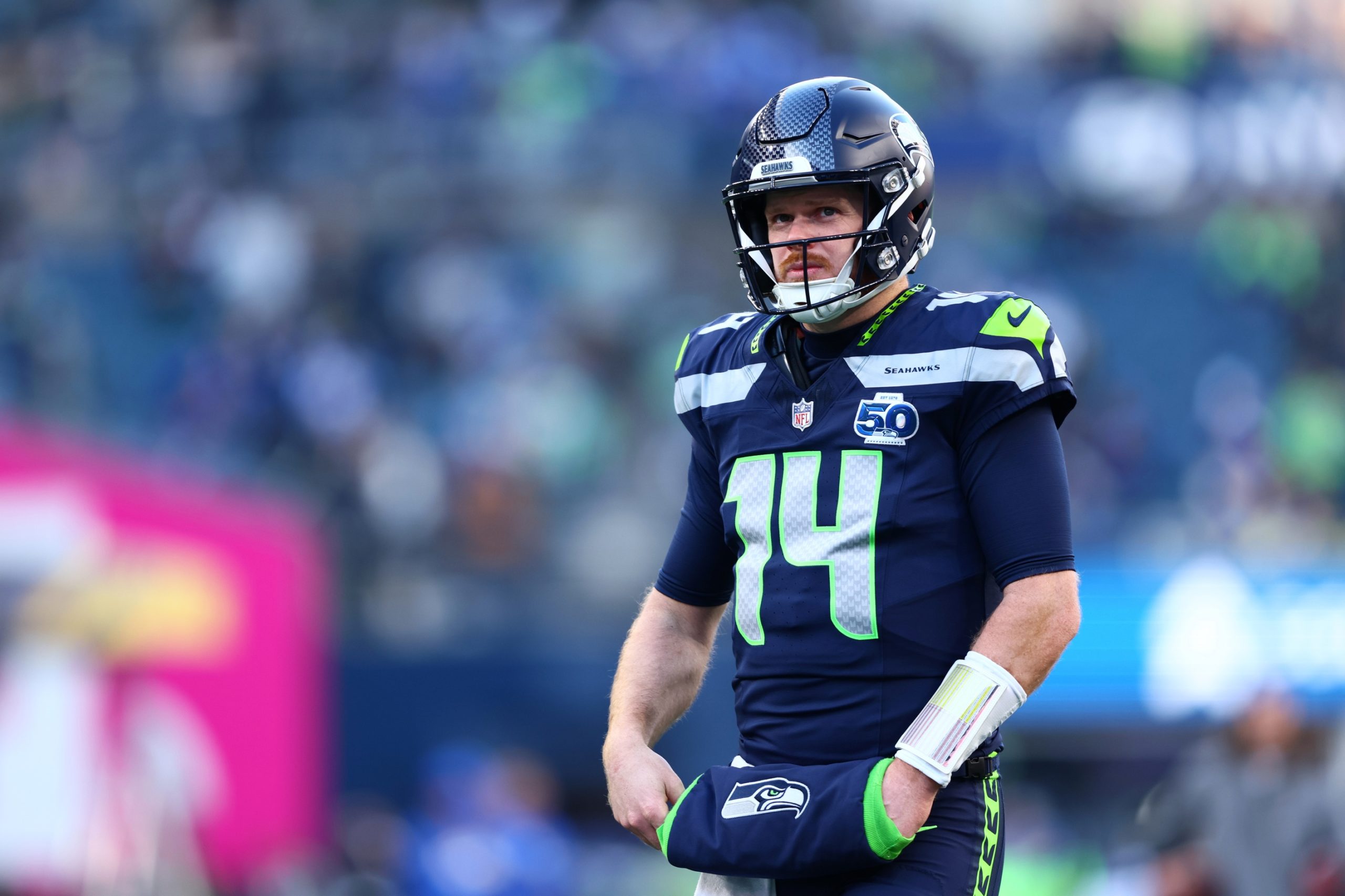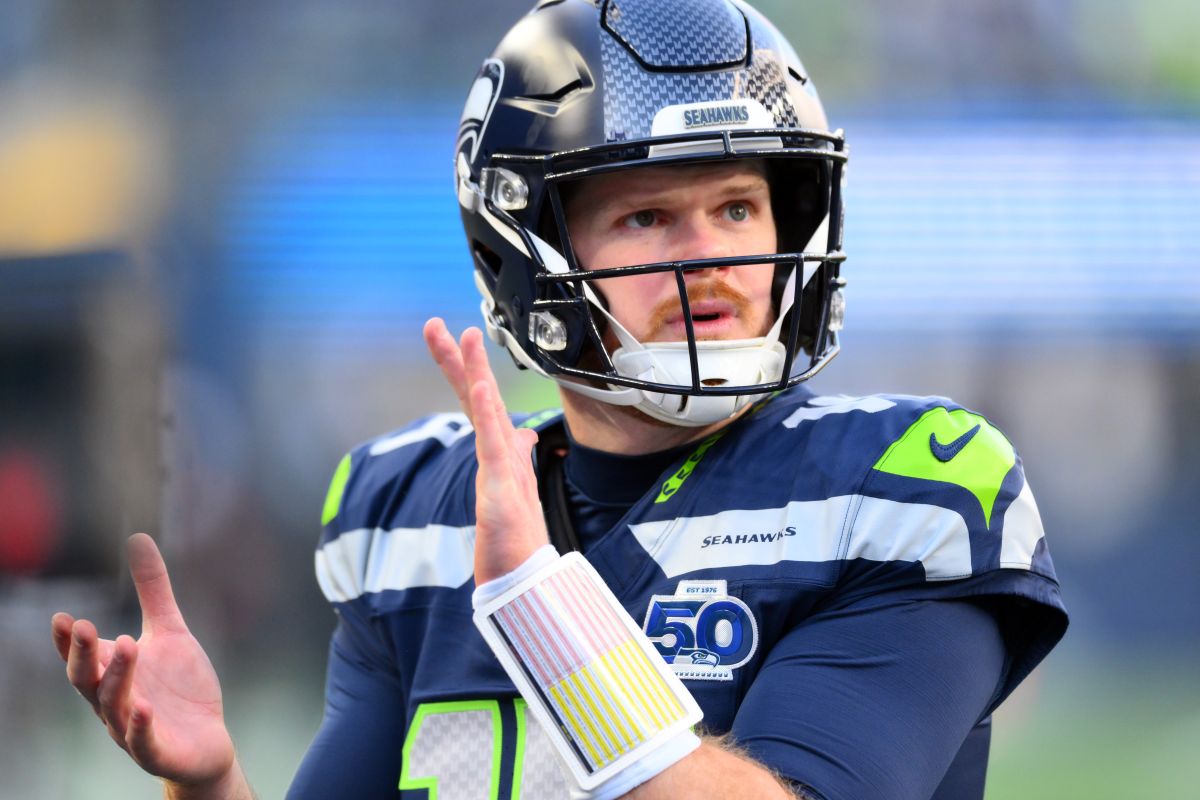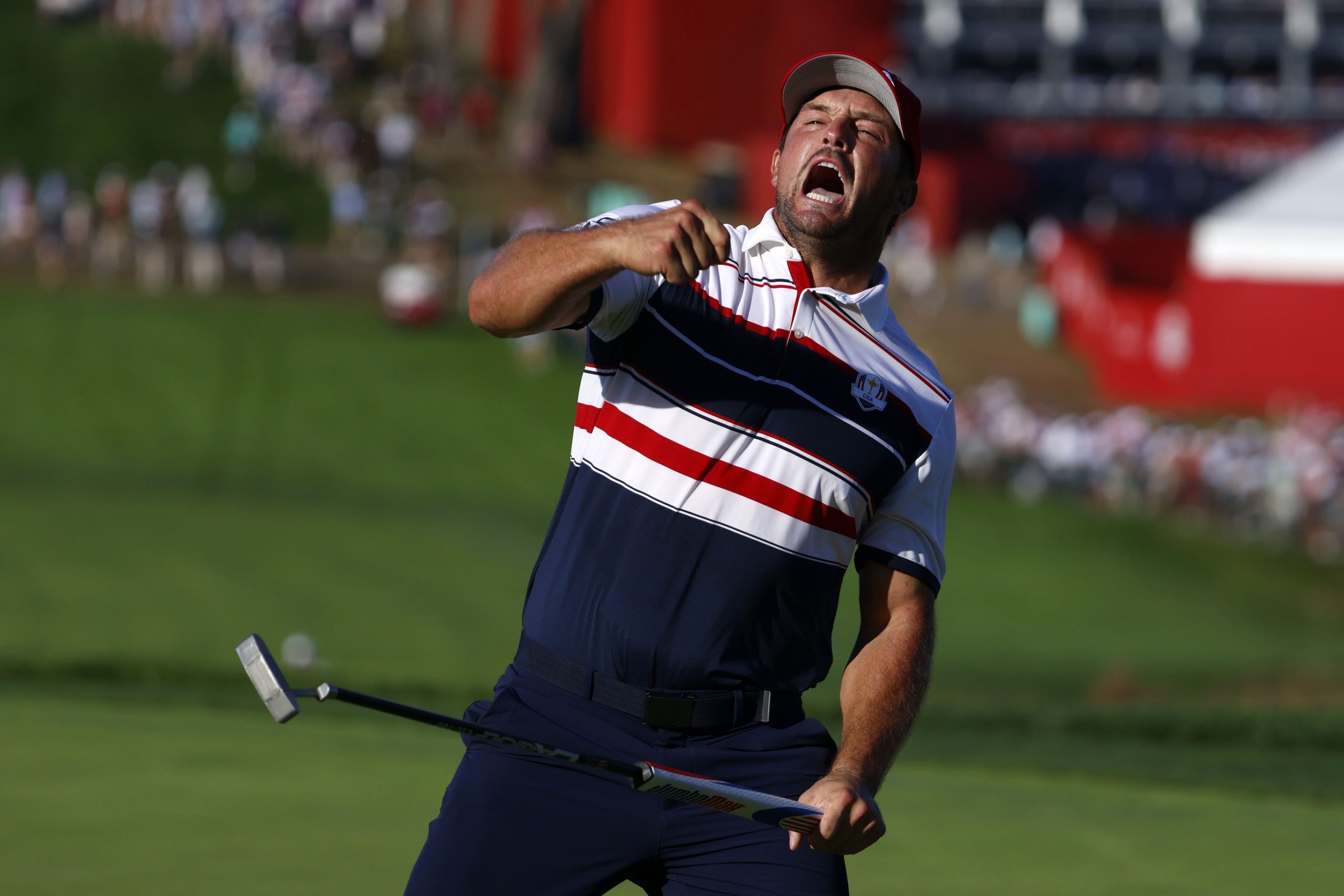Illinois Sports Betting Tax: ‘Another Set of Teeth on the Buzzsaw’

A year after passing a sizable tax increase on sports betting, the Illinois Legislature went back to the well on May 31. The state's annual budget bill includes a provision for a 25-cent tax on every online/mobile bet, up to the first 20 million wagers a sportsbook operator takes each year.
And the tax goes to 50 cents per bet for any operator that exceeds 20 million wagers. It's another big pill to swallow for sportsbooks, and perhaps more so, for sports betting consumers.
"It's put a lot of operators in an uneasy position. A lot of people deserve the blame, and that starts at the top with politicians and regulators," Circa Sports director of operations Jeff Benson said.
With the ever-shifting landscape, operators are scrambling to adjust business plans built on premises that are far from the current reality.
Ever-Changing Tax Structure
Moving The Goal Posts
In 2020, legal, regulated sports betting went live in Illinois. Circa Sports got into the Illinois market in May 2022 by partnering with regional casino operator Full House Resorts.
Circa paid $5 million to Full House, amortized over eight years. Circa operates a retail sportsbook at American Place Casino in Waukegan, Ill., along with offering online/mobile betting throughout the state.
But that deal was made under a 15% state tax on adjusted gross revenue. In 2024, that tax went to a minimum of 20% for smaller operators and as much as 40% for larger operators.
Now, there's the per-bet tax, which takes effect July 1, provided Gov. J.B. Pritzker signs the budget legislation, which he's expected to do.
Benson noted the difficulties of dealing with the continuously moving ground.
"Obviously, when you sign market access deals and decide what you're going to spend on marketing and all the economics, the tax part is a huge component of what you're going to write and hold," Benson said.
Back-to-back years of new taxes provide operators with no certainty for any long-term planning. Or even long-term viability, for that matter.
"When every year the tax rate increases or there's a new tax, it makes the calculus of the economics when you entered the state much different than the current iteration," Benson said. "It'd be nice to see operators grandfathered in [under the original terms], but that's not going to happen."
Potential To Backfire

Illinois has a projected $1 billion budget shortfall for fiscal year 2026, which begins July 1. The new levy on sports betting is expected to raise $36 million. But what if bettors change their habits? That's something Benson fully expects.
"You think these policies and procedures will increase tax revenue. But they ultimately could end up making less money than projected," Benson said.
Four factors contribute to that prospect:
- Sportsbook handle takes a hit
- Operators increase the minimum bet size
- Sportsbooks offer fewer markets
- Sportsbooks offer worse odds
Benson said all four factors stem from operators seeking ways to pass the new tax down to the consumer. Which is already happening. More on that in a moment.
"The amount of handle may significantly lessen," Benson said, while proffering a legitimate example. "For somebody betting $10,000 a game, 50 cents is de minimis. But for somebody betting $5, that's quite a large tax.
"The people it hurts most are at the bottom of the ladder. Guys who like to play $1 single-game parlays."
Big Books Respond

FanDuel Sportsbook and DraftKings Sportsbook are the two largest operators in the nation, and likewise the two largest in Illinois. As such, they're hit the hardest by the 2024 increase – a tax rate of potentially 40% – and now the per-bet tax.
On Tuesday, FanDuel unveiled its plan: a 50-cent-per-transaction fee on all bets placed on its platform in Illinois, beginning Sept. 1.
Peter Jackson, CEO of FanDuel parent company Flutter Entertainment, released this statement:
"It is important to recognize that there is an optimal level for gaming tax rates that enables operators to provide the best experience for customers, maximize market growth and maximize revenue for states over time. We are disappointed that the Illinois Transaction Fee will disproportionately impact lower-wagering recreational customers, while also punishing those operators who have invested the most to grow the online regulated market in the state."
Thursday night, DraftKings followed FanDuel's lead, announcing it will implement a 50-cent transaction fee on all mobile and online bets, effective Sept. 1.
"We are disappointed that Illinois policymakers have chosen to more than triple our tax rate over the past two years, and we are very concerned about what this will do to the legal, regulated industry," DraftKings CEO and co-founder Jason Robins said.
On Wednesday, VegasInsider reached out to Gov. Pritzker's office, along with the offices of Illinois Senate President Don Harmon, majority leader Kimberly Lightford, minority leader Don Curran, and House Speaker Chris Welch.
As of 1 p.m. ET Friday, only Gov. Pritzker's office has responded, via a statement from the Illinois Gaming Board:
"The Illinois Gaming Board is reviewing FanDuel’s proposed September transaction fee. We have nothing further to add at this time."
Both FanDuel and DraftKings indicated they would remove their transaction fees if the state's per-bet tax is repealed.
Unintended Consequences
Benson, Jackson and Robins all alluded to the prospect of Illinois sportsbooks losing customers, thereby hampering revenue and state tax collections. But that doesn't mean those customers will stop betting.
Rather, some customers – and in a state with Illinois' population, the number could be noteworthy – will become price-sensitive and seek alternative avenues to wager, including offshore or gray markets. Jackson addressed that in his statement.
"We also believe the introduction of the Illinois Transaction Fee will likely motivate some Illinois-based customers to bet with unregulated operators. These operators do not contribute tax revenue to the state, will not collect the newly announced transaction fee and do not offer the same levels of customer protection that regulated operators provide."
Robins had a similar and more direct assessment.
"Illinois continues to fuel the rapidly growing illegal industry, which pays no taxes or fees, and provides none of the consumer protections that regulated operators offer."
Added Benson: "You could see people exit the market and pricing become significantly worse."
Bettor's Perspective
Customers can't be overlooked as stakeholders in the market, as well. The pseudonymous Jack Andrews, co-founder of Unabated Sports and a longtime advocate for sports bettors, likened Illinois' new tax to what's been taking place in Las Vegas for years.
"It creates a slippery slope, not unlike what we've seen in Las Vegas with resort fees," Andrews said. "I remember when resort fees were $10-$15 a night, to overcome Nevada's occupancy taxes. People grumbled, but it didn't affect their willingness to eat it.
"Now, we have $50-$80 a night resort fees, and they're ubiquitous even outside Vegas."
And therein lies the problem if Illinois' latest levy takes effect.
"It won't stop at 50 cents, and it won't stop with Illinois. This will become the new normal," Andrews said. "It affects lower, more recreational bettors disproportionately, for now.
"But if bettors don't strongly object to it now, it's a license for states to continue to plug budget gaps at the direct cost of the consumer."
However, Andrews isn't as convinced that the latest tax will drive a flood of bettors offshore. Legal/regulated sportsbooks, and particularly giants such as DraftKings, FanDuel, BetMGM and Caesars Sports, have advantages with the public betting masses.
"The regulated market still has their 4 C's: Convenience, competition and consumer confidence," Andrews said. "Competition is definitely eroding, as it's impossible for a small operator to make headway, unless they eat that cost.
"But the convenience and consumer confidence is still too strong for alternative markets to compete against. The recreational bettors aren't price-sensitive enough to notice. The price-sensitive bettors bet big enough that the tax isn't an impediment, or they're already offshore."
Andrews has little confidence that legislators will change their ways. But he also takes issue with industry lobbyists:
- Sports Betting Alliance, a partnership of DraftKings, FanDuel, BetMGM, Fanatics Sportsbook and bet365.
- American Gaming Association, lobbying on behalf of the gaming industry.
- American Bettors' Voice, which advocates for bettors on policy, regulations and fairness issues.
"What will cause legislators to realize [the tax] isn't tenable? I'm not sure anything will," Andrews said. "We've already seen egregious tax structures go unchecked. Not just high tax rates, but things such as the handle tax in Tennessee.
"Lobbying has been a dismal disappointment. SBA isn't going to look out for bettors, and they really dropped the ball in preventing this new tax in the first place. ABV is just too underfunded to make a difference. And the AGA has been asleep at the wheel for decades."
What Comes Next
As Benson stated above, those transaction fees – directly attributable to the state's new per-bet tax – represent a significant hit to the overwhelming majority of bettors: Average Joes and Janes, who put down the $5 or $10 wagers.
It's a 10% tax on the $5 bettor. And the fee is far worse for those who enjoy those $1 single-game parlays, which will now cost $1.50, but won't pay out any better. Consumers will ultimately run through their bankrolls faster, leading to what Benson suggested: less handle, less revenue, and therefore less tax collected.
"It has a lot of adverse effects for the customer, while trying to find the equilibrium for maximizing tax revenue," Benson said.
Andrews put the impact on recreational bettors in much more blunt terms.
"It's absolutely another set of teeth on the buzzsaw," he said.
DraftKings and FanDuel are likely large enough to withstand the tax hit and any potential customer backlash. But that doesn't make the tax any less regressive.
The challenge is more difficult for an operator such as Circa, which implemented its unique model in Illinois, which makes doing business pencil out. However, that was under the old terms – the initial market access fee and a 15% tax.
"If you hold at 5% instead of 15%, the tax is effectively three times as much. Holding at 3%, the tax is five times as much," Benson said. "It's going to hurt operators trying to do the low-hold/high-volume model, more than it hurts the recreational books with a high-hold/low-volume model."
The low-hold/high-volume model is Circa's bread and butter. The sportsbook has a reputation for taking the sharpest of sharp bets while welcoming all customers. The question now is: Can Circa, and perhaps others, continue doing so in Illinois?
"We'll evaluate everything. At the end of the day, we want to be in Illinois and continue to service our customers," Benson said. "We just have to look in the mirror and see if the economics make sense."
Featured News
-
 FEATURED JAN 26, 2026
FEATURED JAN 26, 2026Super Bowl Preview: New England Patriots vs. Seattle Seahawks Prediction, Odds, Preview
-
 FEATURED JAN 26, 2026
FEATURED JAN 26, 20262026 Super Bowl Odds: Patriots vs. Seahawks Lines, Spreads, Betting Trends
-
 FEATURED JAN 27, 2026
FEATURED JAN 27, 2026Who Will Win a Major This Season? Golf Major Odds via Kalshi
-
 FEATURED JAN 23, 2026
FEATURED JAN 23, 2026PGA Tour Majors Best Ball: Your Guide To Underdog’s “The Albatross” 2026
-
 FEATURED JAN 26, 2026
FEATURED JAN 26, 20262026 Grammy Awards: Records That Could Be Broken!
-
 FEATURED JAN 26, 2026
FEATURED JAN 26, 2026America’s Couch Potato States: Where Winter Activity Drops the Most







